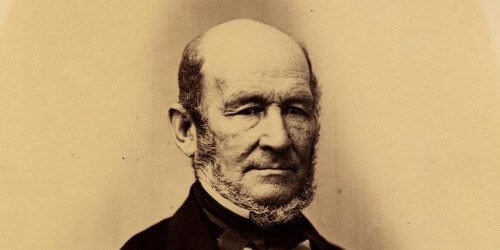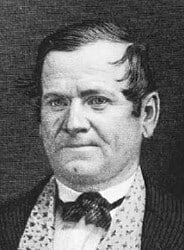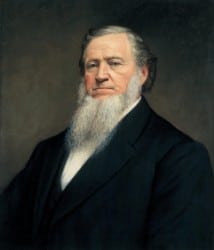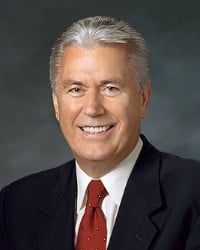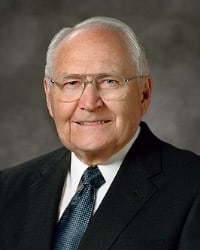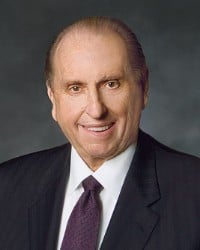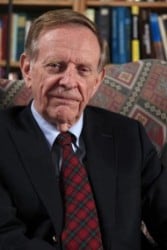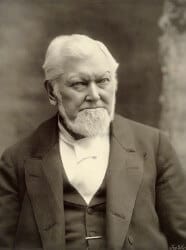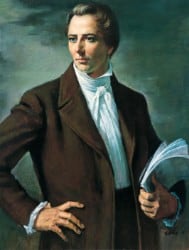In the Millennium, when the Kingdom of God is established on the earth in power, glory and perfection, and the reign of wickedness that has so long prevailed is subdued, the Saints of God will have the privilege of building their temples, and of entering into them, becoming, as it were, pillars in the temples of God, and they will officiate for their dead. Then we will see our friends come up, and perhaps some that we have been acquainted with here. If we ask who will stand at the head of the resurrection in this last dispensation, the answer is – Joseph Smith, Junior, the Prophet of God. He is the man who will be resurrected and receive the keys of the resurrection, and he will seal this authority upon others, and they will hunt up their friends and resurrect them when they shall have been officiated for, and bring them up. And we will have revelations to know our forefathers clear back to Father Adam and Mother Eve, and we will enter into the temples of God and officiate for them. Then man will be sealed to men until the chain is made perfect back to Adam, so that there will be a perfect chain of Priesthood from Adam to the winding-up scene.
Brigham Young
| Discourses of Brigham Young, 116
Topics: Joseph Smith, Last Days, Prophets, Resurrection, The Second Coming
